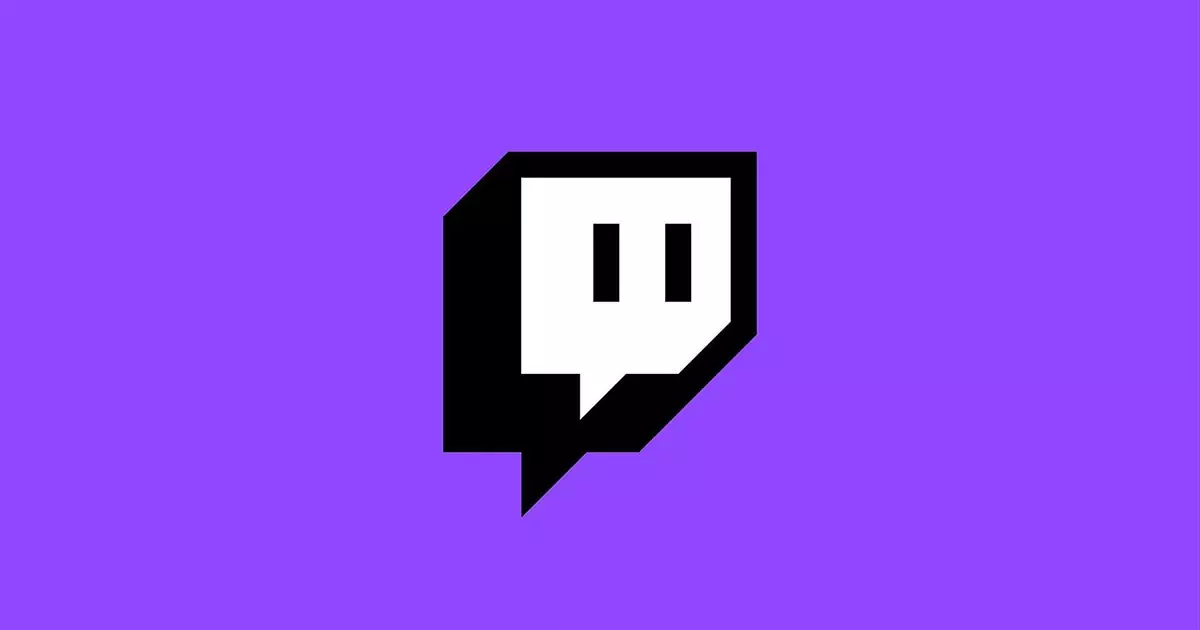The realm of online streaming has transformed into a powerful medium where influencers and streamers can significantly sway public opinion and discourse. This holds particularly true for platforms like Twitch, where personalities such as Zack Hoyt, more commonly known as Asmongold, command large audiences. The recent controversy surrounding Asmongold’s temporary ban from Twitch has prompted a closer examination of the intersection between free expression, hate speech, and the responsibilities of content creators in the digital age. This incident unfurled after Asmongold made inflammatory remarks regarding the Israel-Palestine conflict, leading many to question Twitch’s community guidelines and their enforcement.
In October 2023, the political climate escalated dramatically when Palestinian groups, including Hamas, engaged in violent confrontations with Israel, resulting in a substantial loss of life on both sides. As the situation evolved into a full-blown humanitarian crisis in Gaza, diverse perspectives emerged. Amidst this backdrop, Asmongold’s comments, which many interpreted as genocidal, sparked outrage, causing Twitch to respond with a two-week ban on his secondary account. This regulatory action, however, raises questions about the adequacy of the response and the implications behind it.
Examining the Nature of Asmongold’s Comments
Asmongold’s statements during his stream were deeply problematic, laden with racist overtones and stark generalizations about Palestinian culture and Islam. His assertion that Palestinians deserved their fate due to alleged cultural shortcomings not only disregards the complex realities on the ground but also perpetuates harmful stereotypes that dehumanize an entire group of people. By framing his views in such terms, Asmongold engaged in what many would classify as hate speech.
His comments reflect a dangerous trend where cultural and ethnic identities are weaponized to rationalize violence, leading to further polarization of the discourse. For instance, his statement that “they come from an inferior culture” exemplifies a demeaning oversimplification of a profoundly intricate sociopolitical situation. In doing so, he not only dismisses the suffering of individuals on the ground but also reinforces a narrative that could lead to real-world violence.
Twitch, which operates under a strict policy against hate speech, appeared to be faced with a dilemma. While the two-week suspension sends a message, it might be deemed insufficient considering the gravity of Asmongold’s comments. Critics have pointed out that the platform’s inconsistent application of its guidelines reflects poorly on its commitment to fostering a safe digital environment.
The implications of Twitch’s actions reverberate beyond just the streamer in question. The ban, which applies solely to Asmongold’s secondary account, raises questions regarding the effectiveness of Twitch’s moderation practices. Will a brief suspension suffice to dissuade other content creators from engaging in similar hate speech? Furthermore, the disparity between the treatment of influencers with sizable followings compared to ordinary users can create perceptions of inequity within online communities.
Twitch’s management has previously taken decisive actions against incitement and hate speech, as evidenced when they banned former President Trump’s account to prevent further violence. Thus, the leniency shown to Asmongold could be viewed as a troubling precedent, suggesting that the platform is willing to tolerate inflammatory rhetoric if it comes from a highly viewed streamer. The potential for such tolerance fosters an environment where harmful ideologies can proliferate, carrying real consequences for marginalized communities.
As the fallout from Asmongold’s comments continues, the conversation has inevitably shifted toward accountability in digital spaces. Streaming platforms such as Twitch function as modern-day public squares, where ideas, attitudes, and ideologies are exchanged at an unprecedented scale. As such, the responsibility of both the platform and its users cannot be understated.
Twitch has recently witnessed an influx of complaints regarding Asmongold’s tirade. This collective outcry calls for a reevaluation of how online platforms moderate speech. While many argue for the importance of free expression, it is crucial to emphasize that this freedom comes with accompanying responsibilities. As influencers, streamers possess the immense power to shape perspectives and ideologies among their audiences. Therefore, it is incumbent upon them to engage thoughtfully and responsibly in public discourse.
Moving forward, dialogue surrounding hate speech, accountability, and the role of platforms like Twitch must remain ongoing. By ensuring that such conversations occur, stakeholders can work toward creating a more inclusive online environment where all voices can be heard—without the threat of dehumanization or violence. The consequences faced by Asmongold serve as a reminder of the reality that words carry power, and in the digital age, that exchange demands careful consideration and respect.

